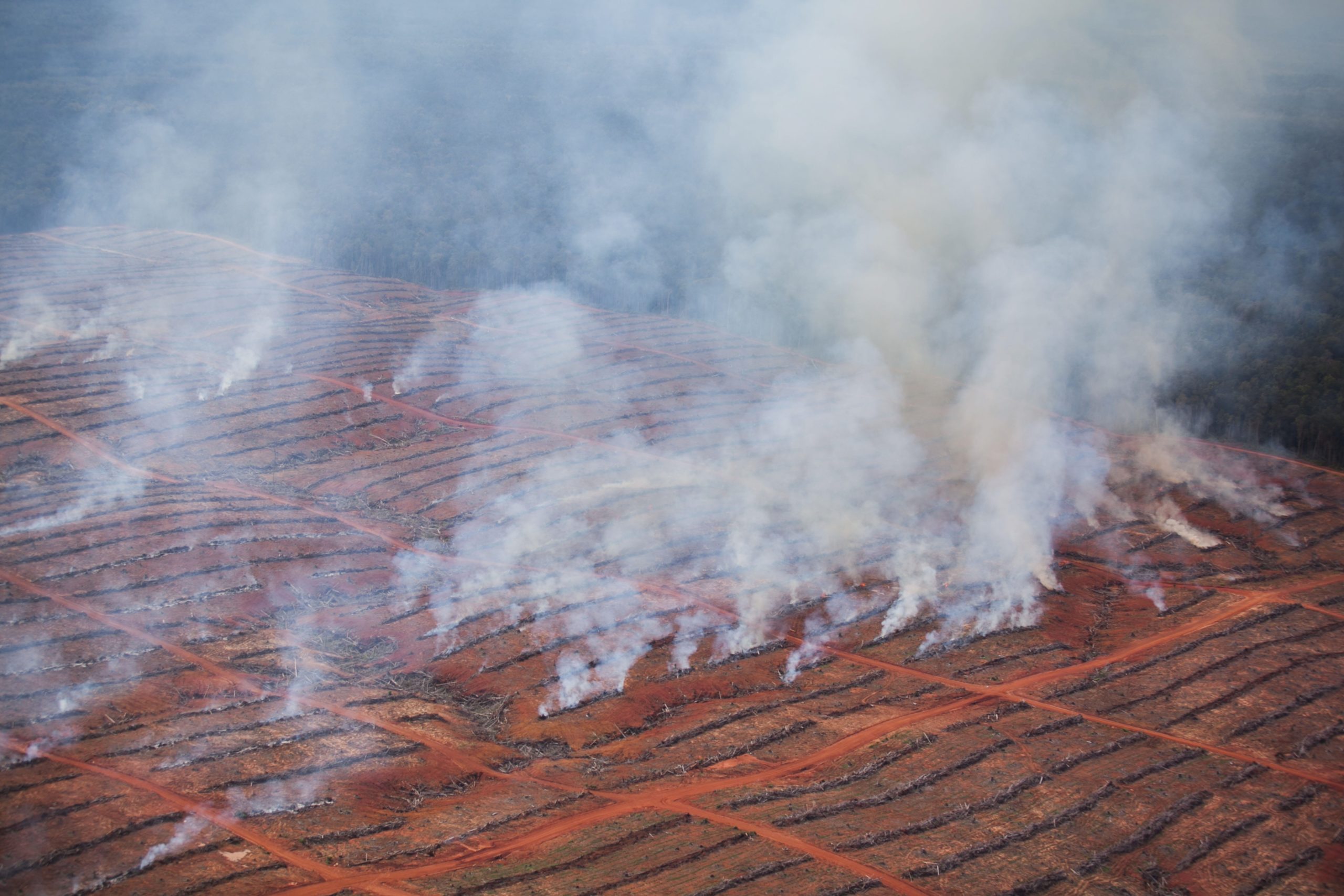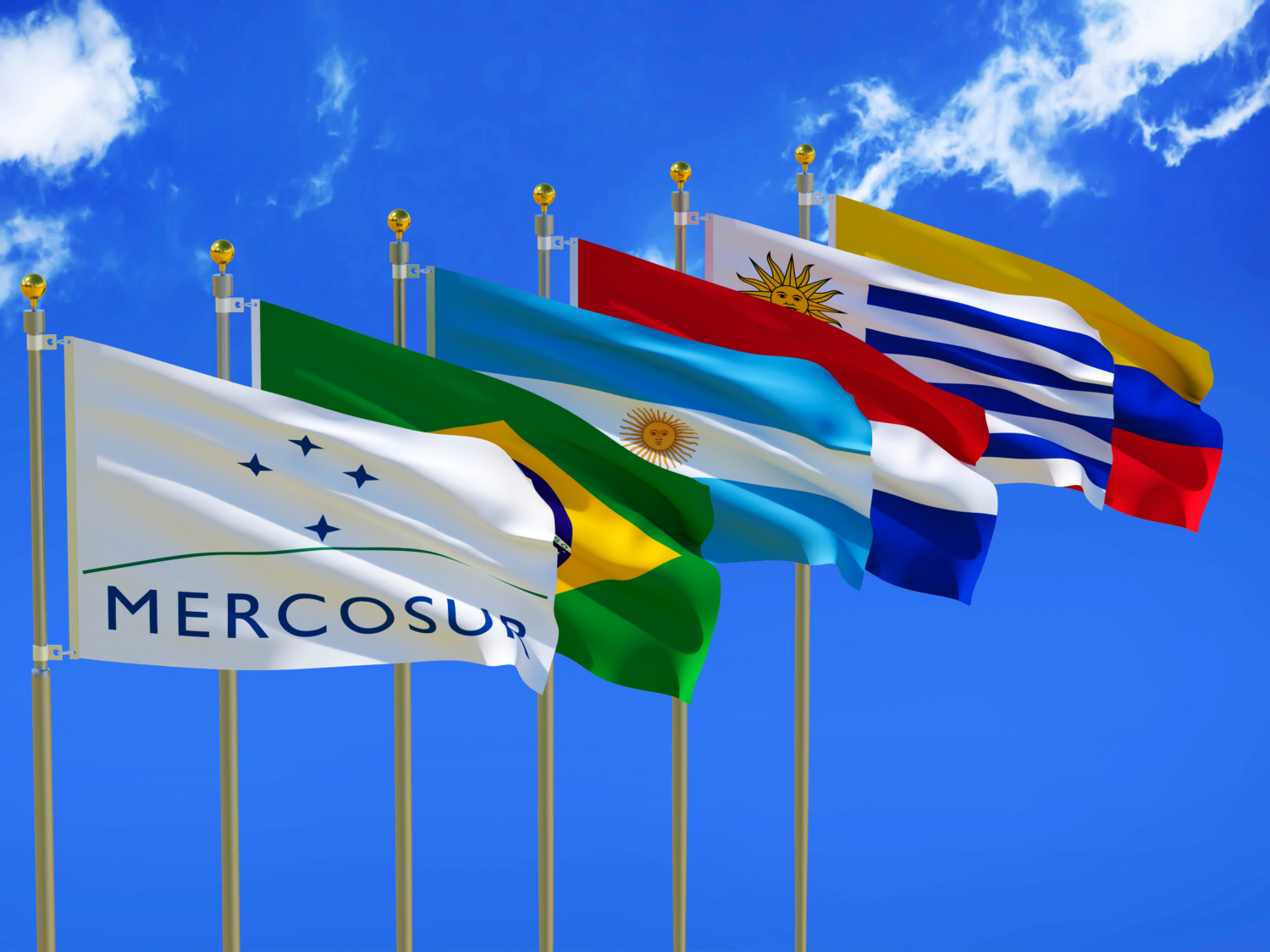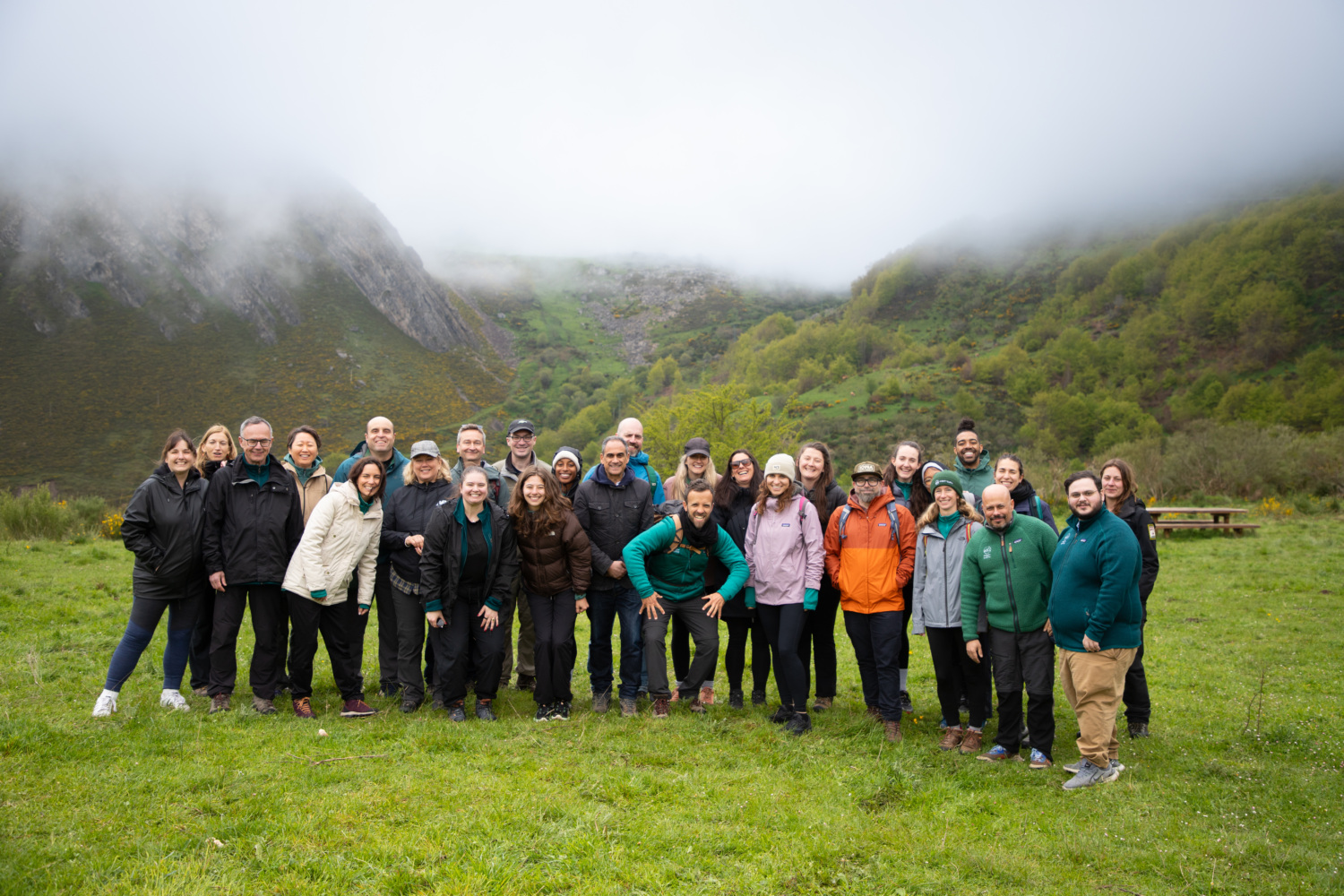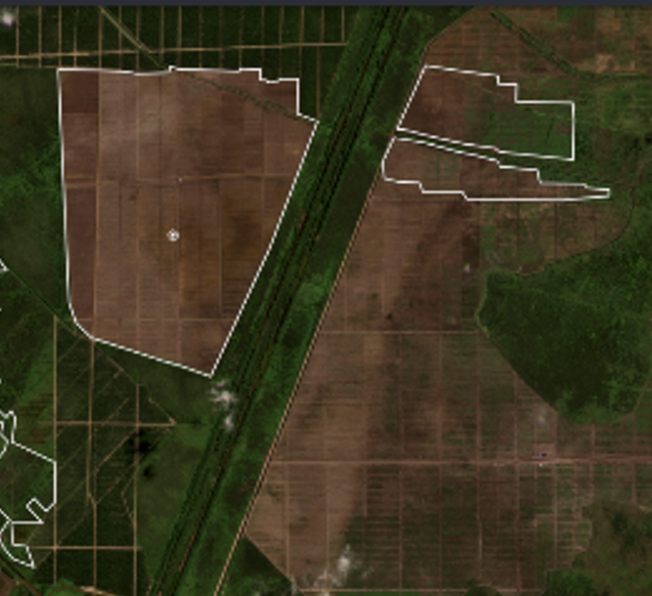
Over 60 NGOs call for stronger reforms to the Roundtable on Sustainable Palm Oil (RSPO) standards

Over 60 NGOs call for stronger reforms to the Roundtable on Sustainable Palm Oil (RSPO) standards
On July 16, 2018, Mighty Earth, together with over 60 other NGOs, signed an open letter to members of the Roundtable on Sustainable Palm Oil (RSPO) and consumer goods companies regarding the planned revisions to the RSPO Principles & Criteria.
Stronger reforms are needed to bring these standards in line with the ‘no deforestation, no peat, no exploitation’ (NDPE) standards adopted by the world’s leading palm oil traders and end use.
The NGOs have urge consumer goods manufacturing companies, and other end users of palm oil. to submit strong revisions to the RSPO to address the weaknesses and loopholes on the standards, as outlined in the open letter. This would make the revised RSPO standards consistent with their own published NDPE policies.
Re: RSPO Principles and Criteria Draft (v2)
July 16, 2018
Dear RSPO Members and Consumer Goods Manufacturing Companies:
We are writing to you regarding the proposed revisions to the Roundtable on Sustainable Palm Oil (RSPO) Principles & Criteria (P&C). The second draft was released recently for public consultation, ending on August 2, 2018.
The undersigned NGOs are concerned about existing deficiencies in the proposed requirements. Stronger reforms are needed to bring the P&C in line with the ‘no deforestation, no peat, no exploitation’ (NDPE) standards adopted by the world’s leading palm oil traders and end-users.
The current draft contains some positive aspects that should be supported and reinforced, but there are urgent issues that must be addressed if the RSPO is to become a credible and inclusive verification system to assess compliance with a NDPE standard. We urge consumer goods manufacturing companies and other end-users of palm oil to submit strong revisions to the RSPO to ensure the weaknesses and loopholes outlined below are addressed to secure a revised RSPO Principles and Criteria for Sustainable Palm oil Production that is consistent with your own published NDPE policies. Beyond advocating for strengthening the standard in this review process, we also urge you to use your influence to ensure the RSPO prioritizes improving its audit systems and enforcing a comprehensive NDPE standard.
Aligning with ‘No Deforestation’ standards requires the RSPO limit clearance of secondary forest in high forest cover areas
The current proposal would allow the destruction of secondary forest[1] in ‘High Forest Cover’ countries with more than 60% forest cover, including Democratic Republic of Congo, Gabon, Liberia, Papua New Guinea, Peru, Republic of Congo, Solomon Islands as well as West Papua and Papua provinces in Indonesia for legacy cases and for community development purposes.[2]
This exemption to permit ‘allowable’ deforestation differs in important ways from the position of the HCS Approach Steering Group on High forest Cover Landscapes (HFCL). The country level 60% forest cover definition proposed (contradicted by an exemption for West Papua and Papua in Indonesia) is broader than the HCSA definition of 80% forest cover at the landscape level. The exemption proposed creates a loophole that permits deforestation for plantation member company interests (“legacy cases”) as well as for communities. However, as currently worded the community exemption could be abused by plantation companies as clear safeguards such as truly participatory processes and controls through independent verification are not clearly outlined.
RSPO members and Consumer Goods Manufacturing Companies should support the inclusion of the HCS Approach methodology and insist on revisions to the P&C that:
- Change the aim in the preamble of 7.13 from ‘reducing’ to ‘halting’ deforestation.
- Ensure the key embedded elements of the HCSA, including FPIC and participatory approaches, and implementation of the HCS decision tree are followed in both fragmented tropical forest landscapes, and High Forest Cover Landscapes as defined by the HCSA.
- Support RSPO to collaborate with HCSA in a review of valid legacy cases and exemptions in HFCL to agree on an aligned or merged process. This will include allowing only limited clearance of Young Regenerating Forest (YRF), and address the contextual issues with deforestation in these landscapes whilst ensuring customary community rights to self-determination for their livelihoods and development are upheld without coercion into palm oil development.
Aligning with ‘No Peat’ standards requires the RSPO address continued peatland degradation
Although the current proposal prohibits new plantings on peat, other than conducting ‘drainability assessments’ there is no requirement that plantation companies ‘retreat from peat’ or a specific date by which existing unviable plantations must be rewet. This is particularly important for critical peatland ecosystems that urgently need to be rewet, rehabilitated, and/or restored.
RSPO members and Consumer Goods Manufacturing Companies should insist on revisions to the P&C that:
- Strengthen criteria 7.8.4, from “in line with” to “by following” the RSPO Drainability Assessment Procedure.
- Ensure compulsory development of company roadmaps that will deliver the rehabilitation of peatland hydrology with a time-bound phasing out of drained land use and phasing in commercial alternatives like (community-based) paludiculture (wet land-use) or, where clearance occurred in breach of legal or RSPO requirements, peat swamp forest restoration and conservation. A prioritization should be on critical peatland ecosystems (buffer zones, fire-prone zones, peat domes following local community consultation and based on best available science – 7.4b or new).
- Publish the proposed definition of peatland for public comment as part of the consultation process and ensure that the RSPO updates its position from a reference to the 65% definition to the ‘common’ definition of ‘Histosol’.[3]
Aligning with ‘No Exploitation’ standards requires the RSPO address insufficient human rights standards
The current proposal incorporates a number of additional and improved indicators to address human and labour rights. However, more is needed. Living wages and protections for human rights defenders must be established. Abuses that remain rampant—including forced and unpaid labour, precarious work status, and the expropriation of lands (e.g. using eminent domain)—must be addressed through strengthened standards, verification and enforcement systems.
RSPO members and Consumer Goods Manufacturing Companies should insist on revisions to the P&C that:
- Ensure a zero tolerance policy for retention of worker passports, a key indicator of forced labour, by removing the phrase “without consent” from 6.6.1. The clause “without consent” creates a loophole for abusive employer practices, including coercing workers to sign “consent” letters as a condition of employment and creating barriers to workers’ free and unrestricted access to their documents.
- Establish clear, meaningful limits on precarious work by adopting a “hard cap” on palm oil growers’ use of casual, temporary, and day labour at no more than 20% of the workforce, as adopted by the Palm Oil Innovation Group (6.2.7). Ensure that all persons working on the plantation, including family members, are recognized through direct work contracts with the company (6.2.2).
- Include strict standards on working hours and overtime and assurance that a decent living wage is paid to all workers regardless of production targets or employment status (6.2.6). Advocate that the RSPO adopts a credible methodology to calculate a living wage based on the Global Living Wage Coalition and the principle that a living wage is a negotiated wage. Ensure that relevant stakeholders are consulted in the crafting of baselines and formulas for a living wage, and that independent trade unions or when absent, other independent workers’ representatives are involved in every step of the process leading up to a negotiated living wage.
- Do not accept palm oil from lands taken through ‘eminent domain’ (lands expropriated by the State in the national interest) (4.5.7).
- Include clearer, stronger protective provisions for human rights defenders in 4.1.1, including procedures and mechanisms to ensure protection from threats, intimidation and/or violence. Advocate that the proposed RSPO protocol on human rights defenders (which is separate from the P&C) align with the UN Declaration on Human Rights Defenders, is made available for public comment and is monitored closely after adoption (4.2.1).
Aligning with ‘No Exploitation’ standards requires the RSPO to be more inclusive and beneficial to smallholders
The current proposal includes improvements regarding the responsibility of mills towards their smallholder supply bases, particularly for the schemes under their control. Additionally, a simplified P&C has been developed for independent smallholders, i.e. those who have operational control over their own land use. The simplified P&C for independent smallholders is based on the assumption that bringing more smallholders into the RSPO will enable better environmental and socio-economic performance. While there is a strong basis for this assumption, various proposals still need to be taken fundamentally further.
RSPO members and Consumer Goods Manufacturing Companies should insist on revisions to the P&C that:
- Include a more participative role for smallholders, irrespective of type, in management planning (3.1.1) to materialise the “partnership” models’ original community developmental intentions. For new plantings and replanting land related human rights impacts (3.4.1) should be better covered, as well as possibilities for smallholder productivity increases through replanting (to be more prominently included in 3.5.1). Particular attention should be paid to the specific mitigation/restoration challenges faced by smallholders on peatlands (7.8.4/7.8.5).
- Ensure the service provision to smallholders is more transparent about cost implications such as any deductions from FFB price paid (5.1.2), including any systems set up to save for the replanting phase.
- Ensure the gender committee addresses different roles and needs for men and women in land use, smallholder issues and labour (6.1.5).
- For the Smallholder P&Cs, advocate the indicators are released for public comment and better substantiated assumptions are established by conducting scenario studies to help understand the best balance between controlling long term impact on deforestation versus larger smallholder inclusion and aggregate positive environmental benefits.
Next steps
This is a critical moment for the RSPO. Its members have pledged NDPE palm oil supply chains by 2020, and this is the only chance to review the P&C between now and 2020. If the RSPO does not act now to bring the P&C into line with NDPE standards, then it will forgo its ability to contribute to the implementation of a growing number of its members’ NDPE policies.
In this next round of public consultation of the P&C, we expect all RSPO members, consumer goods manufacturing companies and other end users of palm oil to leverage your company’s public support for strong revisions by submitting comments consistent with the recommendations above to the RSPO and requiring your suppliers to do the same. The final revised P&C’s will be voted on by members at the RSPO General Assembly in November 2018.
It is critical that buyers insist that the RSPO also strengthens its auditing systems to include best practices and enhanced mechanisms to enforce its standards. Priority best practices in social auditing need to focus on both human and labour rights. Enhanced mechanisms must include the enforcement of consistent sanctions against member companies that violate the RSPO Principles and Criteria and Code of Conduct. Without enforcement, the RSPO certification will not succeed offering credible NDPE assurances to the marketplace.
Sincerely,
| 1. Action Alliance Rainforest instead of Palm Oil
2. Appui pour l’Environnement et le Développement (APED) 3. A Rocha Ghana 4. ARDO 5. Brainforest 6. Centre for Orangutan Protection (COP) 7. Centre pour l’Environnement et le Developpement (CED) 8. Centre pour le développement local et alternatif (CEDLA) 9. Cercle pour les Droits de l’Homme et le Developpement (CDHD) 10. Civic Response 11. Conservation Foundation 12. EcoCare Ghana 13. Environmental Protection Association of Ghana 14. Femmes Forêt Développement (FFD) 15. Forest Watch Ghana 16. FNV Mondiaal 17. Friends of the Earth Japan 18. Grassroots 19. Green Development Advocates (Cameroon) 20. Green Earth Organization 21. Greenpeace 22. Hutan, Alam dan Lingkungan Aceh (HAkA) 23. Institut Cerveau Vert 2063 24. International Labor Rights Forum (ILRF) 25. Japan Tropical Forest Action Network(JATAN) 26. Jaringan Advokasi Sosial dan Lingkungan (JASOIL) Tanah Papua 27. Lembaga Studi dan Advokasi Masyarakat (ELSAM) 28. LinkAR Borneo 29. Maison de l’Enfant et de la Femme Pygmées (MEFP)
|
30. Mighty Earth
31. Muyissi Environment 32. Nature Ghana 33. New Generation Concern 34. Observavatoire Congolais des Droits de l’Homme (OCDH) 35. Organisasi Penguatan Dan Pengembangan Usaha-Usaha Kerakyatan (OPPUK) 36. Orangutan Information Centre (OIC) 37. Orangutans in Peril (Orang-Utans in Not e.V.) 38. Oxfam 39. Palm Oil Consumer Action 40. Palm Oil Investigations 41. Pals of the Earth Ghana 42. Pesticide Action Network Asia Pacific (PANAP) 43. Plantation Watch 44. Promag Network 45. Rainforest Action Network (RAN) 46. Rainforest Foundation Norway (RFN) 47. RECA 48. Reseau des Oraganisations de la Société Civile pour le Developpement du Tonkpi (ROSCIDET) 49. Sarawak Campaign Committee(SCC) 50. Sawit Watch 51. Say No to Palm Oil (SNTPO) 52. Scale Up 53. Strategic Youth Network for Development 54. Struggle to Economize Future Environment (SEFE) 55. Sum of Us 56. Tenaganita 57. The Development Institute 58. Verite 59. Watch Indonesia! 60. West Papua Network (Westpapua- Netzwerk) 61. Wetlands International 62. Yayasan Madani
|
[1] Low Density Forest (YDF) and Young Regenerating Forest (YRF), two out of the four categories of High Carbon Stock forest
[2] Note: The RSPO Principles and Criteria Draft 2 cites these HFC countries.
[3] Histosol are soils with cumulative organic layer(s) comprising more than half of the upper 80cm or 100cm of the soil surface containing 35% or more of organic matter (35% or more Loss on Ignition) or 18% or more organic carbon.


